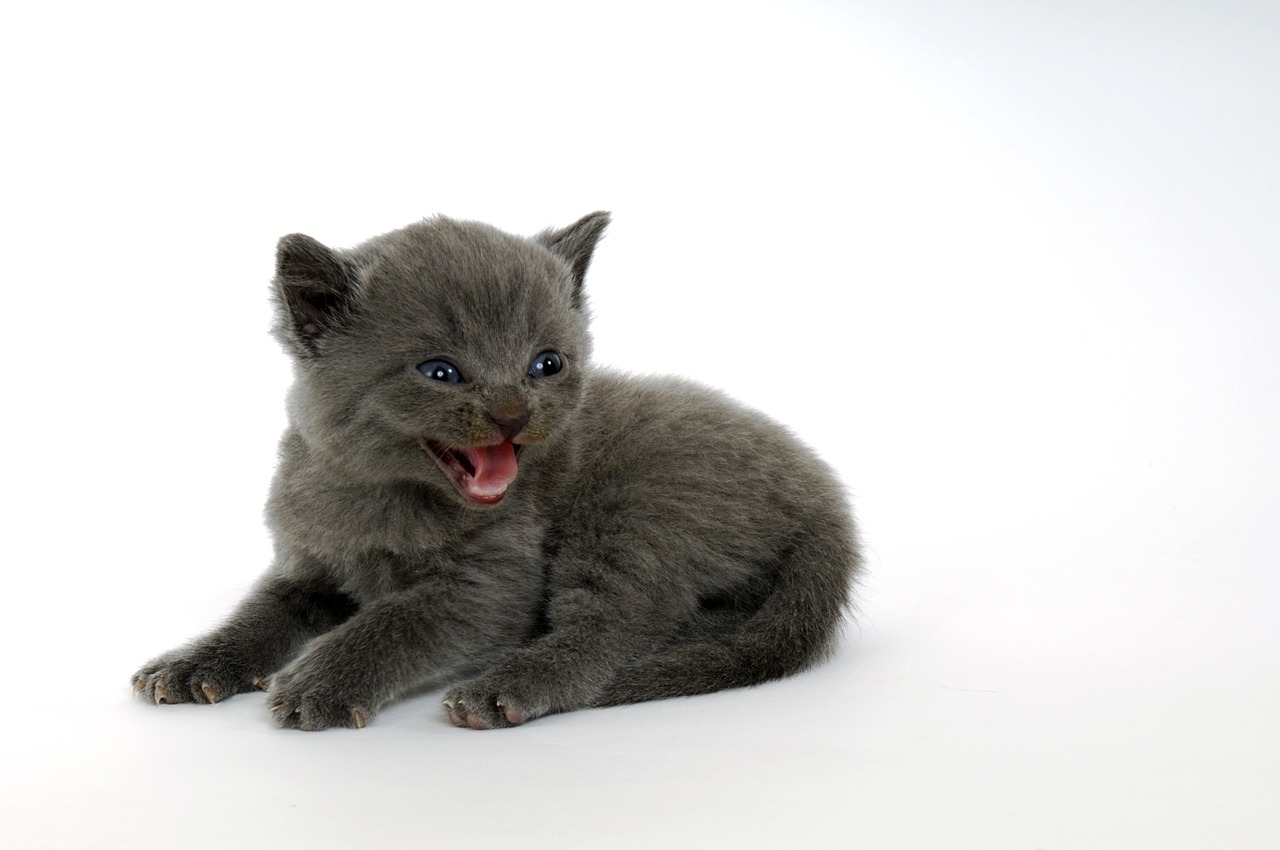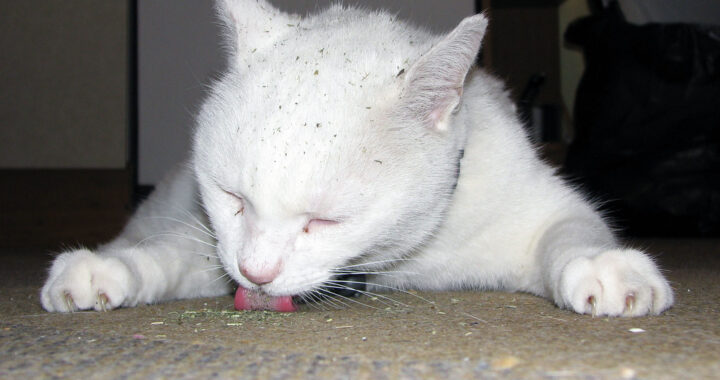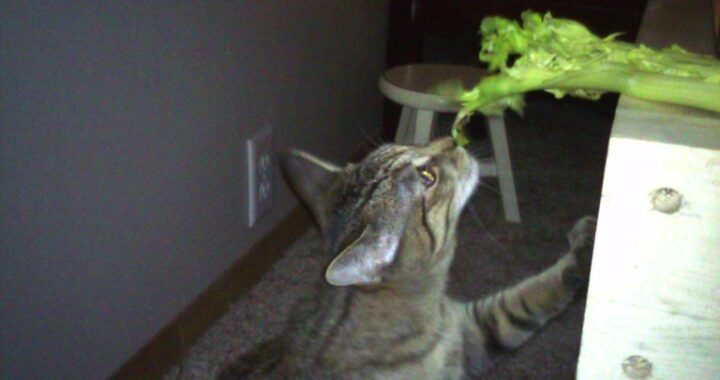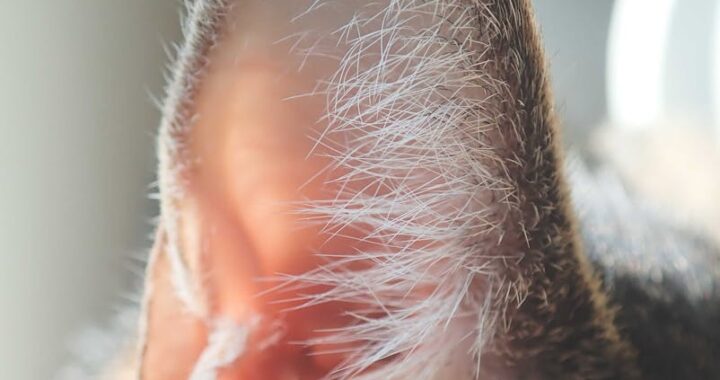
by Nomi Berger
Whereas some cat breeds meow more than others, others simply enjoy making noises.
Consider, though, these seven possible reasons for a cat’s EXCESSIVE meowing.
- (1) She might be in heat. The meowing of an intact kitten or cat is eerily loud and sounds as if she’s in pain. These meows are usually accompanied by overly affectionate behavior on her part and an odd, sway-backed position when you pet her near her hind end.
- (2) She might have hyperthyroidism. Typically found in older cats, hyperthyroidism’s symptoms include weight loss despite a ravenous appetite, excessive activity and excessive vocalization. If your cat’s exhibiting these symptoms and won’t stop meowing, take her to the vet immediately for a thorough examination and blood tests.
- (3) She might have vision or hearing loss. If your older cat won’t stop meowing once you’ve turned off the lights and gone to bed, she may feel hopelessly lost. If she’s even partially blind or deaf, she won’t be able to make her way around once familiar surroundings, and may not be able to either hear or find you.
- (4) She might be senile. Known as feline cognitive dysfunction or cat dementia, this condition causes numerous problems – all of which can leave kitty feeling scared and disoriented. Her reaction: wails, yowls and excessive meowing. A cat suffering from cognitive dysfunction may also be more irritable, sleep more or have altered sleep cycles, lose coordination, and, on occasion, become incontinent.
- (5) She might have feline hyperesthesia syndrome. A cat with this condition often appears wild-eyed and will act bizarrely — as though hallucinating. She’ll cry and yowl loudly and may experience strange mood swings. Her skin may “ripple” as if the air was painful, and she might have sudden bouts of over-grooming that may even lead to hair loss.
- (6) She might be in pain. Although cats seldom show pain, when she’s truly in agony, she won’t stop meowing. Example: a kitty with a severe urinary tract infection, causing her to run back and forth to the litter box, attempting and failing to pee, while the effort itself is so painful that she “me-ows” and “me-ows!”
- (7) She might be lonely or bored. A single cat closely bonded with you is especially susceptible to feelings of loneliness or boredom. In this case, her excessive meowing will usually begin after you’ve gone to bed and will continue until you either respond to her or she finally grows tired of “asking” for attention. If possible, the purr-fect solution is adopting a second cat to be her constant companion.







